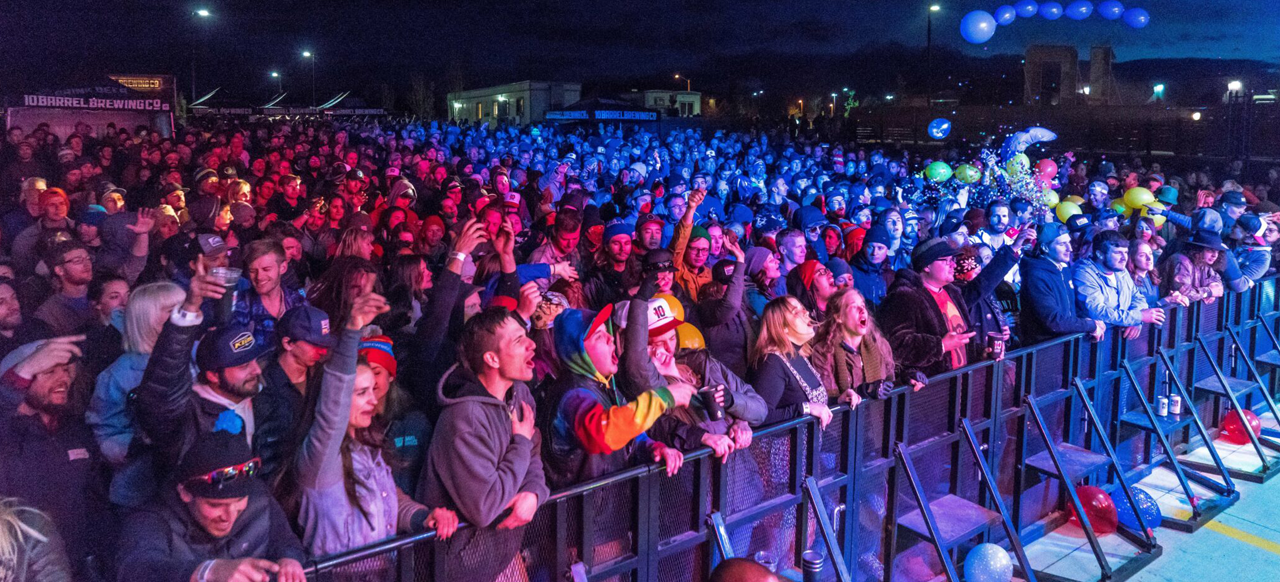Each venue has unique challenges. Indoor arenas need careful barrier placement and ventilation safety. Outdoor venues may require drone monitoring and weather plans.
Concert Security: Keep the Crowd Safe Without Ruining the Vibe


Concerts are lively and exciting events where music fans come together to enjoy their favorite artists. But with the fun comes the challenge of keeping concerts safe without losing the positive energy that makes them special. To balance safety and enjoyment, organizers need good planning, modern tools, and trained staff who understand how crowds behave.
In this article, we look at practical ways to make concerts secure, protect the audience, and keep the music going without harming the atmosphere.

What Is Concert Security?
Concert safety starts long before the first note is played. Organizers must prepare for large crowds, unpredictable behavior, and potential risks that range from overcrowding incidents to targeted disturbances. Proactive planning, professional training, and coordinated emergency responses form the backbone of concert safety.
The goal is clear: keep the crowd safe while preserving the excitement that makes live performances memorable.
Concert disturbances are real and can have significant consequences. For example, on August 9, 2025, in Warsaw, riots broke out during a concert by Belarusian rapper Max Korzh, leading to the deportation of 63 foreign nationals—57 Ukrainians and 6 Belarusians—by Polish authorities due to provocative behavior and security breaches【Source】.
This event highlighted how quickly crowds can become uncontrollable and emphasized the importance of strict security measures to protect both performers and fans.
Core Duties of Concert Security

Access Control and Screening
Security starts at the gates. Staff check bags, use metal detectors, and verify tickets with systems like RFID wristbands. The goal is to stop weapons, drugs, or unauthorized people from entering. Checks must be thorough but fast to avoid frustration.

Rule Enforcement
Concertgoers must follow venue rules about alcohol, banned items, and behavior. Security teams enforce these rules respectfully and fairly, so order is kept without upsetting the audience.

Crowd Management
How people move inside the venue has a direct impact on safety. Security staff must guide the flow of people, prevent bottlenecks, and keep emergency exits clear. Barriers, signs, and trained staff placement are important tools here.

Active Patrolling and Monitoring
Security staff cannot stay in one place. Patrol teams move through all sections of the venue, from stage areas to seating zones, to spot risks early. Their visible presence also discourages bad behavior.

Conflict Resolution
Fights and arguments sometimes happen. Security staff are trained to calm people down and stop conflicts before they turn into violence.

Emergency Response
When emergencies happen, speed is critical. Security staff must be trained in first aid, evacuation, and communication with local authorities. Quick action during medical problems, fires, or threats can stop small incidents from becoming disasters.

Protecting Performers and VIPs
Artists and VIP guests need special protection. Security teams control backstage areas, manage travel paths, and guard the stage so performers can focus on the show while staying safe.
Core Duties of Concert Security
Managing Unpredictable Crowd Behavior
Preventing Overcrowding
Balancing Speed and Security in Access Control
Screening must be both fast and accurate. If it’s too slow, fans get impatient and may try to push past staff. If it’s too quick, dangerous items might be missed. Finding this balance is always a challenge.
Dealing with Conflicts and Aggression
Disagreements can happen at any large event. Security must respond quickly but not too aggressively. Too much force can ruin the atmosphere, while too little can allow fights to spread.
Securing Performers Under Pressure
Performers attract the most attention. Fans sometimes try to break barriers, rush the stage, or sneak backstage. Keeping artists safe while not disappointing fans requires careful planning and well-trained staff.
Preparedness for Emergencies
Preserving Atmosphere While Enforcing Rules
Security Plan for Concerts
Every successful concert relies on a strong security plan that covers all possible risks.
Know Your Crowd Size
Consider Your Venue Layout
Look for Trained Professionals
Comprehensive Emergency Response Plan
A good emergency plan is the heart of concert safety. It should cover:
- Medical issues like fainting or overdoses.
- Fires or electrical problems.
- Severe weather for outdoor venues.
- Violence or active threats.
Security teams must work closely with police, fire services, and medical staff. Regular drills and clear communication make sure that when an emergency happens, everyone knows their role.

Patrol Management System: JWM Guard Tour System
Large concerts need more than traditional patrols. Modern tools like the JWM Guard Tour System allow real-time tracking of security patrols.
Benefits include:
- Live updates on patrol activity.
- Clear accountability for guards.
- Easy reporting of incidents with digital records.
- Flexible patrol routes based on crowd size and venue risks.
With these tools, no area is left unchecked. Security becomes organized, data-driven, and reliable.
Safe Concerts, Happy Crowds
Concert security is not just about stopping problems. It is about creating an environment where fans can enjoy music without fear. With good access control, trained staff, solid emergency planning, and patrol systems like JWM, organizers can keep both safety and excitement alive.
When security works quietly in the background, the focus stays where it belongs—on the music, the performers, and the unforgettable memories.
Share:
Table of Contents
Try JWM Guard Tour System
We offer the most appropriate security solutions for users around the world. Any problem, contact us!
Contact Us NowMeet Your Security Needs Today
We offer the most appropriate guard tour systems for users around the world. For guard managing, reporting, and tracking. Any problem, contact us!

